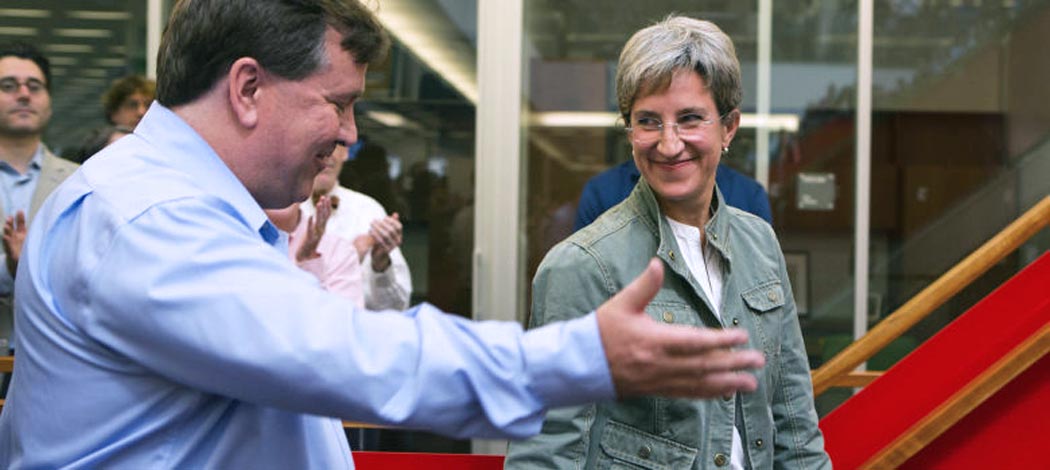Pulitzer winner: Investigative journalism ‘good business’

Investigative reporting is a long-standing practice in journalism known for its all-consuming nature when it comes to time and resources. However, becoming involved in this type of exercise — which can be said is becoming a lost art — is not only a media outlet’s way of performing its civic duty, but ultimately makes great business sense.
“Great investigative stories do more to establish your brand and your reputation and they do more to create the kind of long-term bond between readers and the newspaper or publication than any other kind of reporting that we do,” said veteran New York Times reporter David Barstow, who last year picked up a Pulitzer Prize for his investigation of corruption practices by retailer Wal-Mart in Mexico.
The journalist and his counterpart in Mexico, Alejandra Xanic von Bertrab, spent the better part of 2012 following an anonymous tip sent to The Times that led to a full-blown, in-depth investigation involving thousands of confidential documents and hours of interviews of Mexican authorities, Wal-Mart executives and locals in a number of cities throughout the country.
Barstow is in Puerto Rico today, invited by the Center for Investigative Reporting, to deliver a lecture on corporate corruption.
Profound stories, he said are usually the most-read for the host media outlet.
“This is especially true in a world where we are totally awash in free information and aggregated information all the time,” he said. “Readers are very hungry for thoroughly and carefully reported stories that help them make sense of the world and how it operates.”
“My argument to editors is that it’s in their long-term business interest to do everything they can to support really aggressive investigative reporting — and it’s also the right thing to do,” he said.
Barstow happens to works for a publication that is also implementing cutbacks of its own, recently announcing it would reduce its editorial staff in New York by 100 positions. Yet, he said The Times has increased its investigative reporting capacity because “it’s really an essential part that makes up the paper.”
Almost passed up
The work that uncovered the illegal schemes taking place in Mexico was by no means easy, Barstow said, for a number of reasons.
“None of the information was out there anywhere. There was no court case to look at, there were no public records,” he said. “Not only that, but what we began with was a handful of documents that were sent to us in a way in which I didn’t even know where these documents were coming from, or if they were legitimate.”
Eventually, the newspaper was able to figure out who had sent the tip, which was almost passed up, he said.
“I get tips all the time. There were lots of reasons on the face of it to pass on this and sort of ignore it,” Barstow said. “The concept that somebody is corrupt in Mexico is not necessarily the most newsy thing in the world, it involved events that occurred several years ago, I don’t speak Spanish, I had maybe been to Mexico once for like 15 minutes, and I had never written a single story in my life about Wal-Mart, so I didn’t know anybody in there.”
However, Barstow said he was drawn to the story because, for one, it allowed the newspaper to take a careful look at how multinational corporations behave.
“We don’t realize how huge they have grown. Investigative reporting, if nothing else, should be examining places where power is highly concentrated,” he said. “Major multinationals represent extreme concentrations of power, and are worthy of being looked at by investigative reporters.”
“I knew that if I pursued this tip, it was going to take me into a space that was very important — how multinationals conduct themselves around the world,” said Barstow, who has 28 years of reporting experience under his belt.
The outcome was a multi-part story that detailed how the highest echelons of power not only within Wal-Mart, but across Mexico, blurred ethical lines to achieve ambitious goals.
To read the articles, click here and here.












